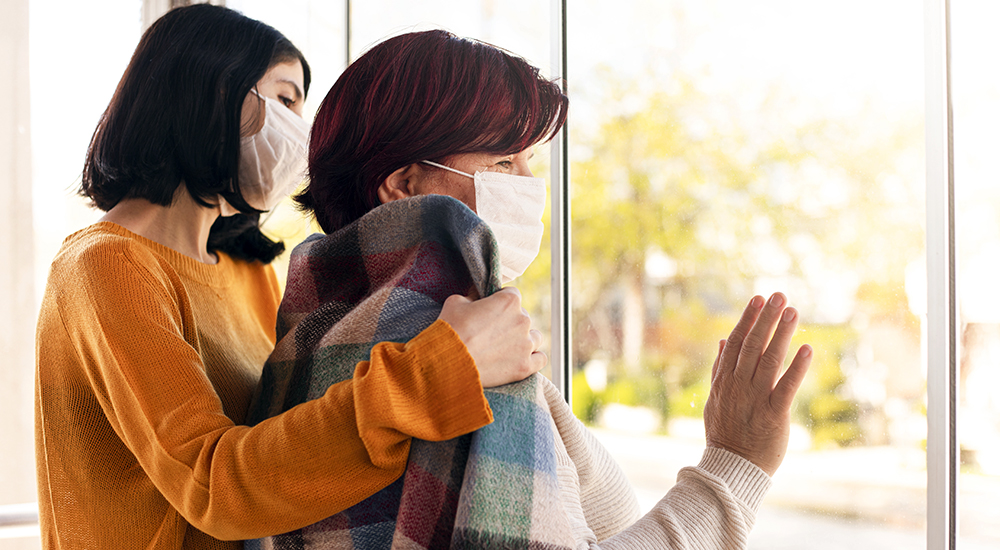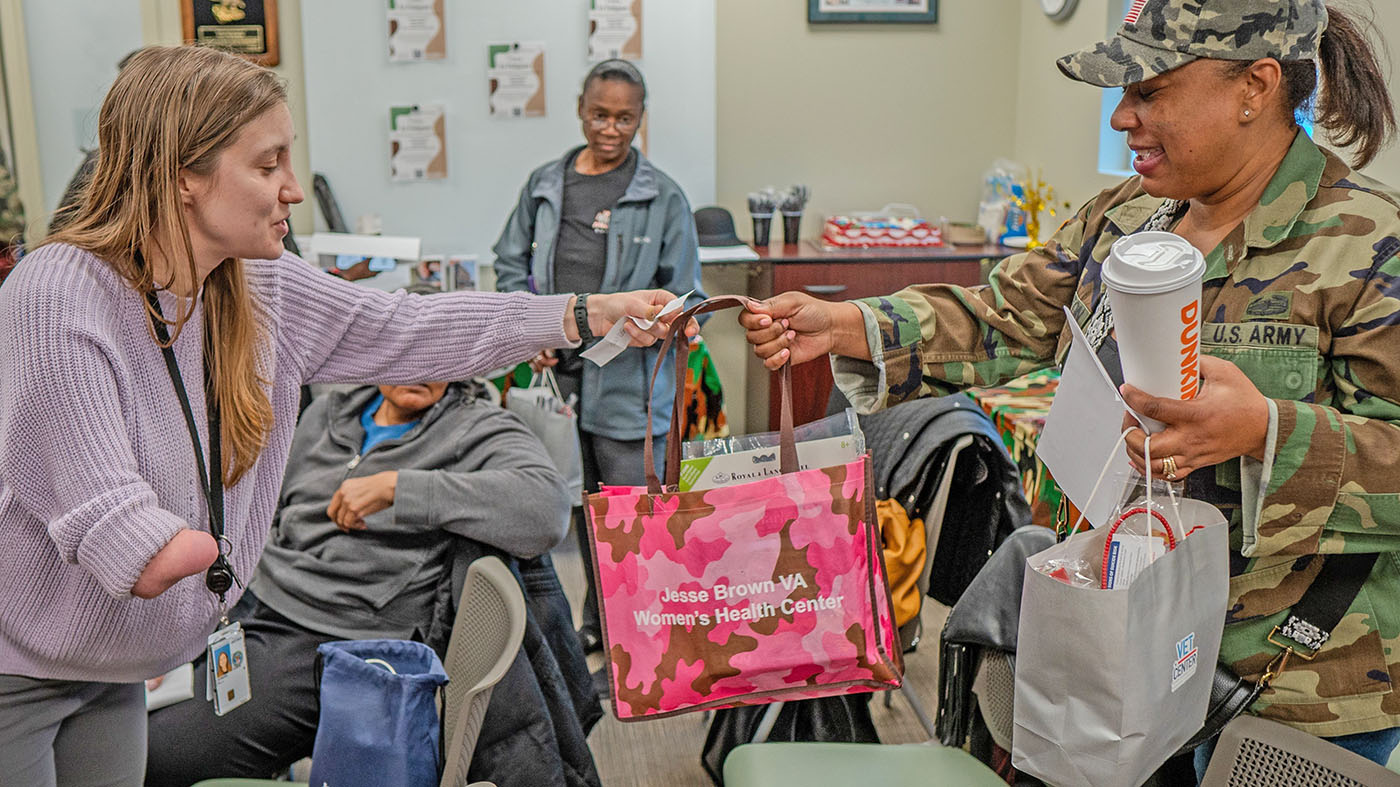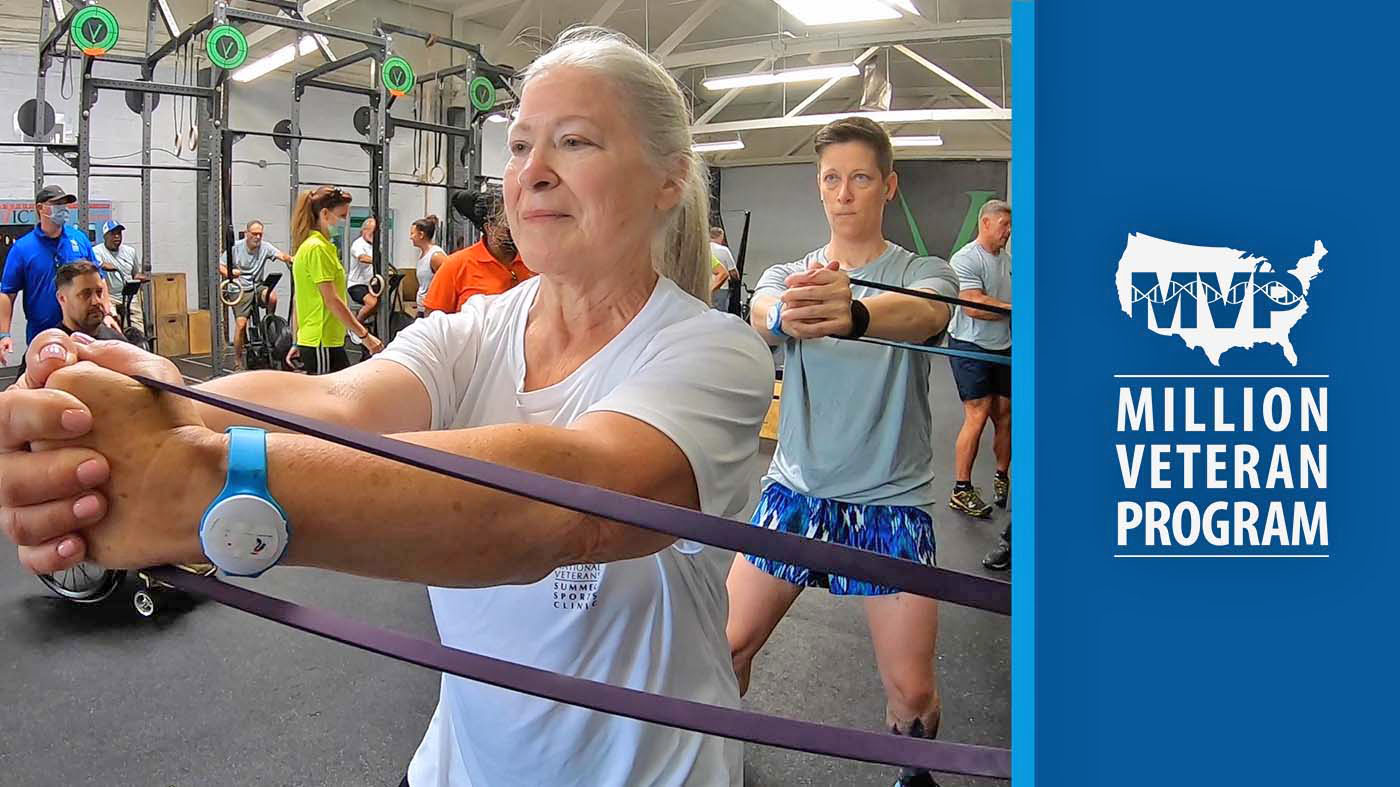COVID Bereavement Response is a new program at Central Virginia VA Health Care System (CVHCS) that seeks to help families cope with grief and bereavement, or when general support is needed.
The desire to create a support program to help families impacted by COVID-19 came from collaboration between social work service and Elizabeth Murphey. Murphey is a supervisory social worker who specializes in geriatrics and extended care.
“We often focus on the patient,” Murphey said. “However, social distancing guidelines are impacting Veteran families as well. Those families are used to being present as strong advocates for Veterans. At VA, we treat the whole Veteran, which includes the family.”
The program’s goal is to prevent a chronic and debilitating condition known as complicated grief.
“Veteran families and caregivers represent the main source of support to our Nation’s heroes,” Murphey said. “Removing their ability to physically and emotionally support their Veteran family member [at the end of their life] can be a catalyst to complicated grief.”
Being proactive
Social workers remain proactive to ensure medical staff refer COVID-19-positive Veterans to the bereavement program. Patient visitation stopped in March. The program was a means to address the isolation Veterans and families were experiencing.
Sarah Rohrer, a social worker, provides bereavement and supportive counseling for the program. She has received positive feedback from Veteran families.
“The family members I have spoken to are often living alone and have either suffered the loss of a spouse or family member or are unable to visit their ill loved one in the hospital or… nursing home,” Rohrer said.
Since March, Rohrer says that so far 50 families have been offered counseling and support through this program. She says families have expressed how they feel more connected when a VA representative reached out to discuss their loved one.
Rohrer received special training in hospice and palliative care social work. She often helps families of hospitalized Veterans face important decisions as they approach end of life.
“I support the families when advocating for the Veteran, to ensure treatments and interventions are in alignment with their goals.” Rohrer said. “My hope is that they feel less alone, and they know the VA is standing behind them.”
Megan Kon is a public affairs specialist with the Central Virginia VA Health Care System.
Topics in this story
More Stories
Navy Veteran and president of the American Medical Association got a colonoscopy and encourages other Veterans to do the same.
Chicago Vet Center and VA gave women Veterans information on VA services available to them.
MVP’s research informs personalized care for Veterans, supporting whole health and beyond.







